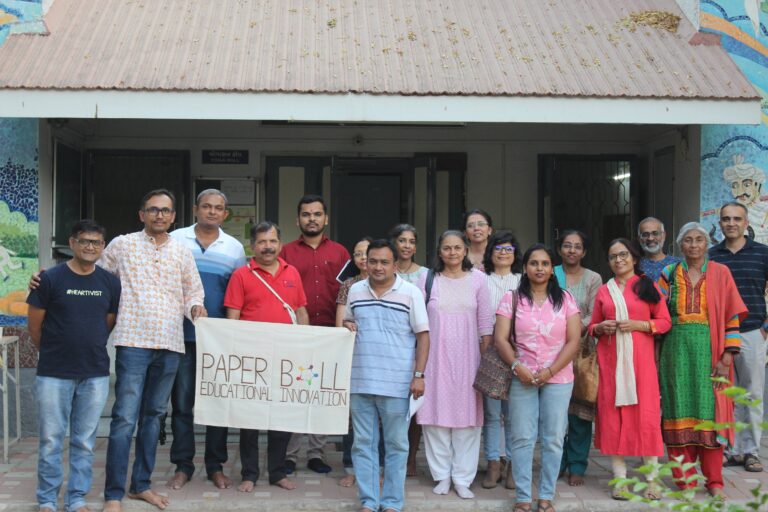The Phoebus Cartel: A Lesson in Planned Obsolescence
The year is 1920.
In a closed room, CEOs and representatives of world’s biggest lightbulb manufacturing companies are sitting around a table, engaged in a serious discussion. The average lightbulb manufactured at that time had a lifespan of around 2,500 hours. The group was discussing how to lower the lifespan of the lightbulbto 1,000 hours !!
As the sustainability champions across the world take on consumer goods and tech giants in their fight for the “right to repair”, it is worthwhile travelling over a century back (you read it right) and take lessons on how nothing has changed in terms of corporate greed and planned obsolescence.
In recent years, tech giant Apple faced significant backlash and a substantial fine for intentionally slowing down older iPhones, a practice that echoes the infamous strategies of the Phoebus Cartel from the 1920s. Both instances highlight the pervasive issue of planned obsolescence, where companies deliberately reduce the lifespan of their products to drive continuous consumer purchases. Today, as we grapple with environmental sustainability challenges, these stories serve as crucial reminders of the need for communities to unite against such brazen profiteering practices.
The Modern Echo of the Phoebus Cartel
Apple’s 2017 admission of throttling older iPhone performance, ostensibly to prevent unexpected shutdowns, led to widespread criticism and legal consequences. Consumers felt betrayed as they realized their devices were deliberately slowed down to encourage the purchase of newer models. This situation mirrors the actions of the Phoebus Cartel, an alliance of major lightbulb manufacturers including Osram (Germany), General Electric (US through its subsidiares), and Philips, formed in 1924.
Driven by the desire to sell more and more lightbulbs to earn more profits, the Phoebus Cartel aimed to dominate the global lightbulb market by setting prices and intentionally limiting the lifespan of their products to approximately 1,000 hours, a significant reduction from their potential 2,500-hour lifespan. This ensured that consumers would need to replace their lightbulbs more frequently, thereby maximizing profits. Such practices have had profound implications for both consumer trust and environmental sustainability.
Inside the Phoebus Cartel: The Mechanics of Manipulation
The Phoebus (meaning bright) Cartel, named after the Greek god of light – Apollo, was headquartered in Geneva and included the major lightbulb manufacturers of the time. The cartel established a sophisticated system to monitor and enforce the limited lifespan of lightbulbs. Each company was required to submit samples of their lightbulbs to a central laboratory where the bulbs’ longevity was tested. If a company’s bulbs exceeded the 1,000-hour limit, fines were imposed.
The cartel went to great lengths to ensure compliance. They maintained meticulous records and conducted regular inspections to guarantee that no member deviated from the agreed-upon standards. This level of coordination and enforcement was unprecedented, showcasing the extent to which corporations would go to safeguard their profits.
The Environmental Cost of Planned Obsolescence
Planned obsolescence not only exploits consumers but also has severe environmental repercussions. The increased production and disposal of short-lived products, such as lightbulbs and smartphones, lead to higher energy consumption and more waste, contributing to environmental degradation. This practice fosters a culture of disposable products and rampant consumerism that persists today.
The environmental consequences are far-reaching. Manufacturing processes consume vast amounts of natural resources and energy, while the disposal of these products adds to the growing problem of electronic waste. This waste often ends up in landfills, where hazardous materials can leach into the soil and water, posing risks to human health and ecosystems.
Community Action Against Corporate Profiteering
In an era where environmental sustainability is paramount, communities must unite to challenge and change these detrimental corporate practices. Grassroots movements, consumer advocacy, and policy reforms are essential in promoting sustainable production and consumption patterns.
- Consumer Awareness and Advocacy: Educating consumers about the tactics of planned obsolescence can empower them to make informed choices. By supporting companies that prioritize durability and sustainability, consumers can drive market demand for better products. Advocacy groups can also campaign for transparency in product lifespans and promote repairability and recyclability.
- Support for Right to Repair Initiatives: The right to repair movement advocates for legislation that requires manufacturers to provide the necessary tools, parts, and information for consumers to repair their products. This can extend the life of products, reduce waste, and diminish the environmental impact of manufacturing new goods.
- Policy and Regulation: Governments have a crucial role in curbing planned obsolescence through regulatory measures. Policies that mandate product longevity, provide incentives for sustainable manufacturing, and penalize companies for environmentally harmful practices can drive systemic change. Implementing strict e-waste management protocols and promoting circular economy principles can further support sustainability.
- Community-Led Recycling and Repair Programs: Local communities can establish recycling and repair initiatives to manage waste and extend the life of products. Repair cafes and community tool libraries are excellent examples of how communities can work together to reduce waste and promote a culture of reuse and repair. (In Vadodara, Paper Ball Educational Innovation organises regular Repair Community events where participants can join to get access to tools as well a community of repair enthusiasts.)
A Sustainable Future Through Collective Action
The legacy of the Phoebus Cartel and the recent controversies surrounding companies like Apple are powerful reminders of the need to be vigilant against corporate practices that prioritize profit over environmental sustainability. By fostering community action and advocating for systemic changes, we can challenge the culture of planned obsolescence and move towards a more sustainable future.
As we confront the pressing environmental issues of our time, from climate change to resource depletion, it is imperative that we learn from the past and take decisive action. Together, we can build a world where products are made to last, resources are used responsibly, and the environment is protected for future generations. The power to create this change lies within our communities, and it is through collective effort that we will achieve true environmental sustainability.
This article was first published on LinkedIn by Amit Arora.
Link to the original article here.





